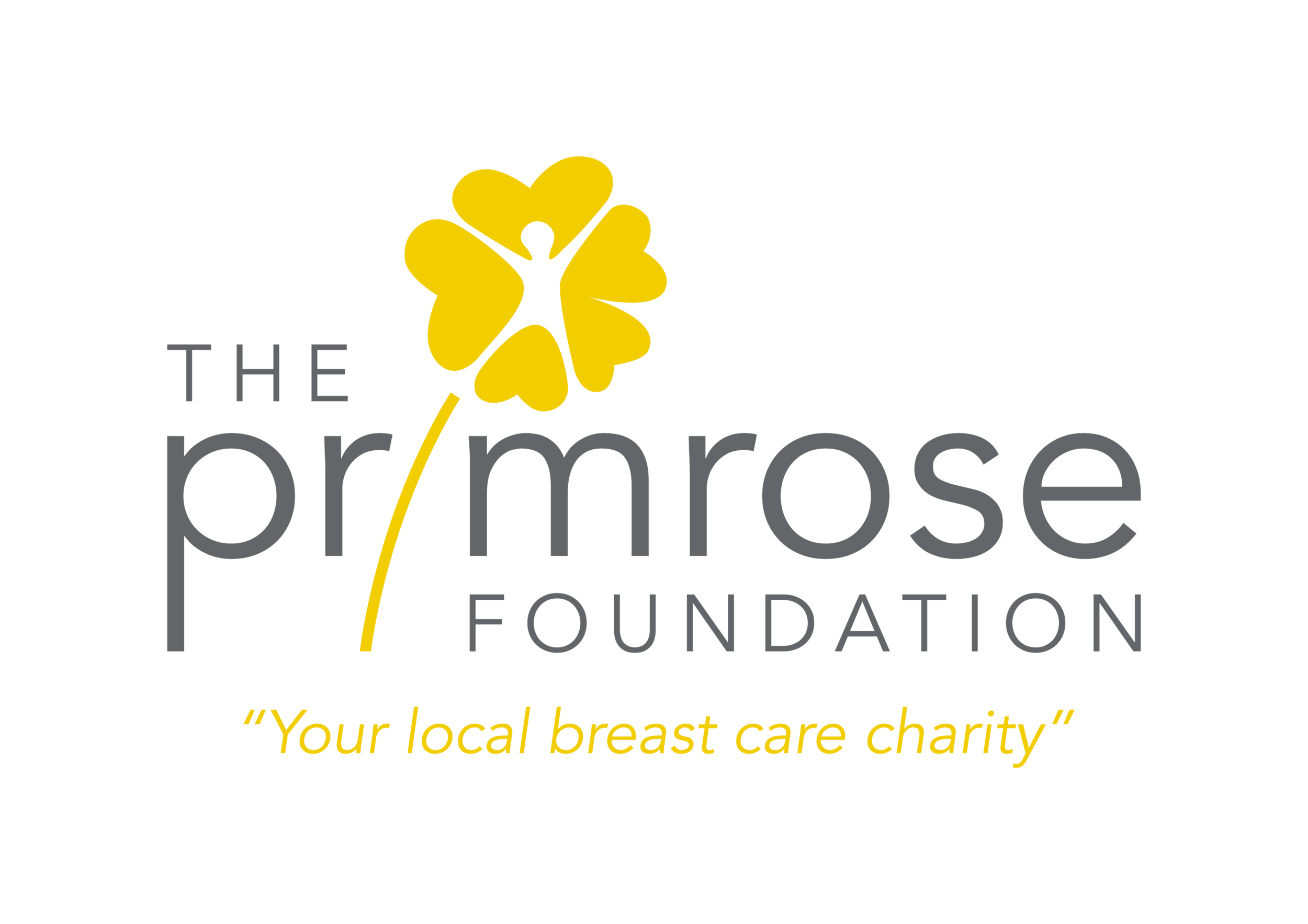Supporting a Partner Going Through Breast Cancer Treatment
Here at The Primrose Foundation, we understand that finding out your loved one has breast cancer can be devastating. You too will begin an emotional rollercoaster and your feelings may rapidly fluctuate, there simply is no right or wrong way to feel. You may feel angry, angry with everyone and everything and yet you will do your very best to hide your emotions to protect the one you love, but in truth hiding these emotions won’t do either of you any good – you're both in this together and together you will tackle the challenges ahead!
It’s natural for all sorts of questions to whizz around your mind, to wonder what will happen, what impact breast cancer will have on your life, as well as your family. It’s also normal to be concerned about what the future will bring and what you are about to experience.
We can’t offer you a magic wand to take your worries or concerns away but what we can do is highlight that it’s normal to be worried, and even to be afraid. We can also do our very best to help and support you by offering some suggestions which you may find helpful.
Knowing how best to support your loved one is not going to be easy. It can be distressing hearing that your loved one is feeling low or discussing other difficult topics. The best advice we have heard from other families that have experienced this too is that it is important to communicate by listening and talking to each other every day.
Listening to each other can help you both understand what the other is thinking and feeling. There may be times when you’re not in the mood to listen or feel that you’ve heard enough. If you feel like this, take a breather, and suggest a break from your conversation, but ensure you pick up where you left off later. This can also give you time to take things in and start again feeling more refreshed.
Talking can help you both understand each other. Often being able to talk comes down to finding the time and space to do so, so set aside some time when you’re able to talk undisturbed, somewhere you both feel at ease. Some people find it easier to talk when they’re walking or eating together.
But don’t forget there are other ways you can communicate too, such as:
Physical affection, sometimes a kiss or a hug may help.
If possible, going away together for a weekend and enjoying each other’s company in different surroundings
Simple gestures such as tidying the house, washing up, or making breakfast
Inexpensive gifts, surprises, or a written note or card.
These suggestions may sound silly and unimportant but it’s the small things you do that will make a big difference.
Your loved one may find it supportive if you go to appointments with them. They may not want you there all the time, you must accept this and not take it personally, they may feel this will protect you. It’s natural for patients to say that they can manage alone, but quite often if someone can attend appointments alongside them this will be a huge emotional support.
When attending appointments take a note pad with you and get involved in any discussions or plans, ask questions, and write down the answers. You may find it useful to do some research on your loved one’s diagnosis and ask the specialist questions on the research you have found.
The medical professionals understand the impact a cancer diagnosis has on a family, and they are there to support you too. We understand that you may not wish to burden anyone, but it’s good to talk things through. The Mustard tree, run by wonderful volunteers at Derriford hospital, offers a friendly drop-in service and can offer you support, they even throw in a warm drink and a biscuit, all for FREE – they want to help you so please consider using this service.
Please remember, you are in this together, you are a team so learn to work together and support one another. Yes, your loved one received the diagnosis, but this life-changing news will affect you both.
Love, support, and comfort one another and learn to ask for help when you need it.




